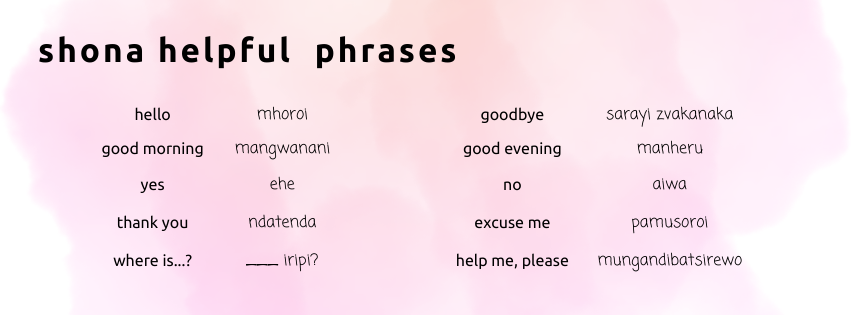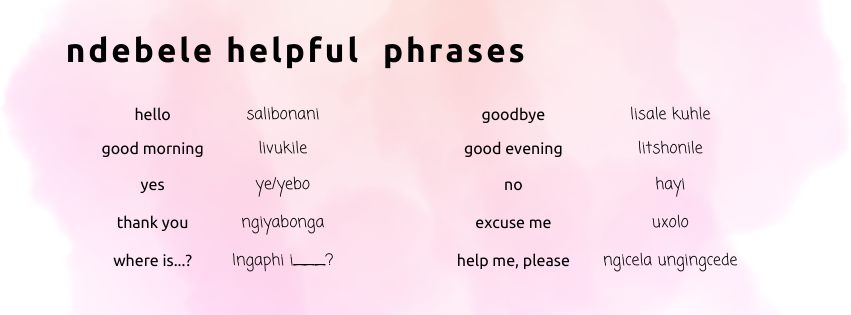
Everything You Need To Know :
zimbabwe
Discover Zimbabwe’s breathtaking beauty, from the awe-inspiring Victoria Falls to the vast Hwange National Park, teeming with wildlife. Explore the ancient ruins of Great Zimbabwe and the picturesque landscapes of Mana Pools. With its rich cultural heritage, vibrant cities like Harare, and warm hospitality, Zimbabwe offers an unforgettable adventure. Embrace thrilling safaris, majestic waterfalls, and a tapestry of traditional and contemporary experiences in this southern African gem.
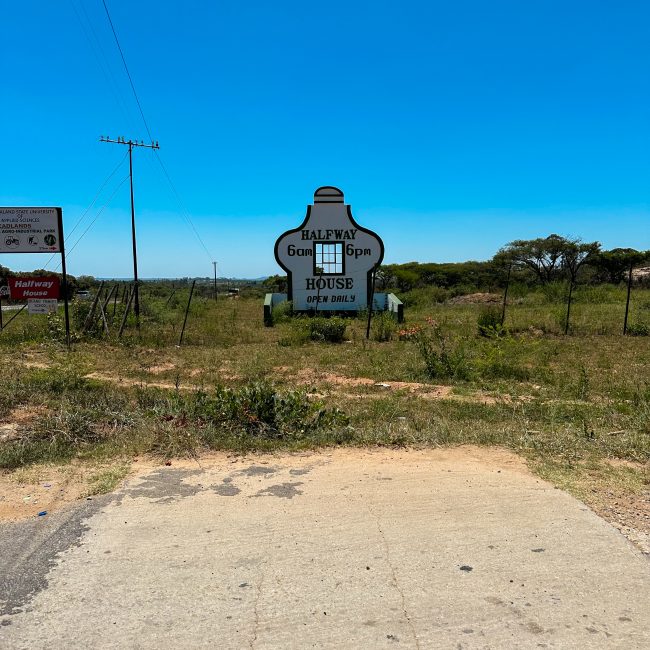
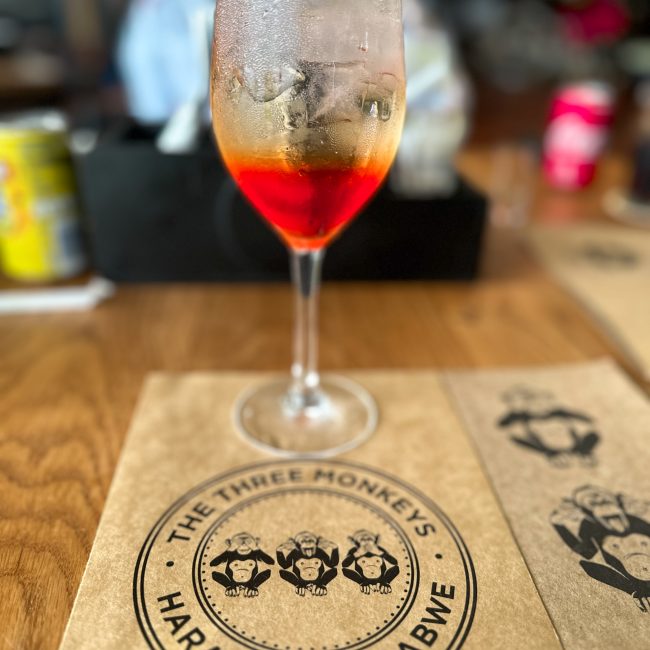

Heads Up!
Some of the links you’ll find on this site are affiliate links, which means that if you book a flight, a stay or even that quirky travel gadget through them, I might earn a small commission at no extra cost to you. It’s like buying me a virtual iced capp (thanks!), and it helps keep this blog running so I can continue to share all the travel inspiration and tips with you.
Safe travels and happy exploring!
Best Time To Visit
- High/Dry season ~ May – September
- Low/Wet season ~ December – March
- Shoulder season ~ October – November & April
Visiting a destination in the high season means everything will be a little more expensive. If you’re trying to travel on a budget, the low or shoulder season will be best. Being that Zim is my home country, there really isn’t a bad time to visit. The “teapot” country has something to offer year round.
Getting Around
Airports:
Robert Gabriel Mugabe International Airport (HRE) – Harare
Joshua Mqabuko Nkomo International Airport (BUQ) – Bulawayo
Victoria Falls International Airport (VFA) – Victoria Falls
Land Borders:
Beitbridge – South Africa
Plumtree – Botswana
Victoria Falls – Zambia
Forbes – Mozambique
Chirundu – Zambia
Ground Transportation:
Like most places in the world, public transportation will always be the cheaper option. If you feel like you can navigate it then it’s a great way to get around and immerse yourself with the locals. If you’re like me and you’re not the greatest at navigating public transportation then private transportation is the one for you.
I was born and bred in Zimbabwe and if you’re a tourist, I wouldn’t recommend trying out “kombis” unless you’re travelling with a local person and you’re carrying light because thieves may target you and kombis are not usually the safest option in terms of roadworthiness.
For intercity travel, you can get on luxury coaches that will take you to most major cities across this beautiful country.
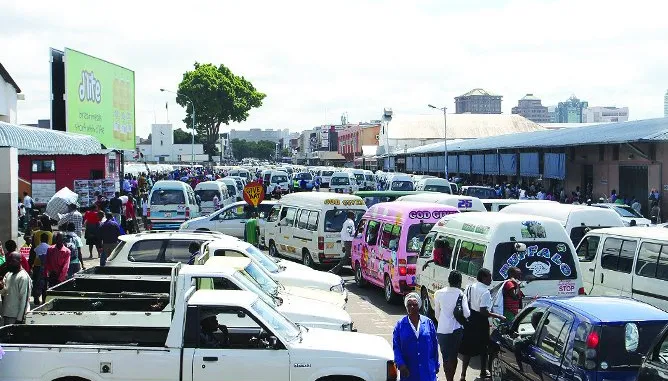
Culture & Religion
Zimbabweans are often known for their warmth, hospitality, and engaging nature. They tend to be quite formal and avoid confrontation. A strong cultural emphasis on hierarchy, especially based on age, shapes many social interactions. Older individuals are regarded as superior, wiser, and more knowledgeable, so showing heightened respect to elders is a key aspect of social etiquette.
Zimbabwean cuisine reflects rich African influences, with maize and corn serving as dietary staples. One of the most common dishes is Sadza, a cornmeal porridge made from ground millet, typically served with chicken, vegetables, or—most deliciously—beef. Cornmeal, or “mealie-meal,” is also used to create drinks like maheu, a thick, creamy, sour beverage often sweetened with sugar. When fermented, maheu becomes alcoholic.
Christianity is the predominant religion in Zimbabwe, with more than 70% of the population identifying as Christian.
Let’s talk travel insurance for 1 second,
Travel insurance is your safety net when things don’t go as planned. Whether it’s a medical emergency, a canceled flight, or lost luggage, it’s there to save you from unexpected expenses and a lot of stress. For solo travelers especially, it’s like having backup when you’re out in the world on your own. It’s a small price to pay for peace of mind and knowing you’re covered if life throws you a curveball while you’re exploring.
World Nomads is the company I trust to handle my travel insurance needs. Their 2 insurance packages can cater to any kind of traveler. They are there to help you 24/7.
Make the smart move and get travel insurance for all your adventures.
Have a safe trip!
.
Queer Factor
In Zimbabwe, same-sex sexual relations are illegal, and individuals suspected of engaging in such relationships may face fines or imprisonment for up to a year. While both legal and social attitudes toward same-sex couples are generally unsupportive, if travellers refrain from public displays of affection, they are unlikely to draw negative attention.
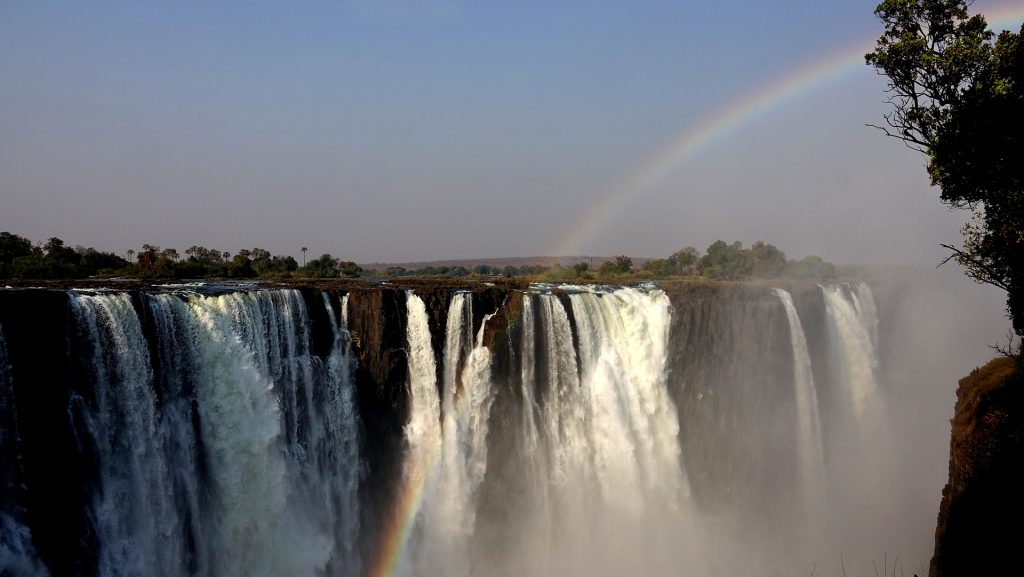
Safety & Travel Advice
One of the most important things to know before travelling to Zimbabwe is how to stay safe. Zimbabwe is generally safe for tourists, but petty crimes such as mugging and pickpocketing occur frequently in cities. It’s important to remain vigilant, keep valuables close to you, and avoid flashing money or expensive items. Be particularly cautious of scams. If anyone approaches you asking to see your legal papers or documents, request identification before handing anything over. If anyone offers to help you avoid fees or legal processes, don’t engage with them. If someone stops you to ask you (the tourist) for directions, chances are it’s a distraction and you’re about to be robbed.
Emergency numbers:
All – 999
Police – 995
Fire – 993
To be very honest, Zimbabwe doesn’t have the best or most efficient emergency services system. When you get your travel insurance, ask them which numbers to call in an emergency, chances are it’s private emergency services providers. You should also be prepared to potentially pay for services before they are performed. It’s sad but that is how things currently operate.
